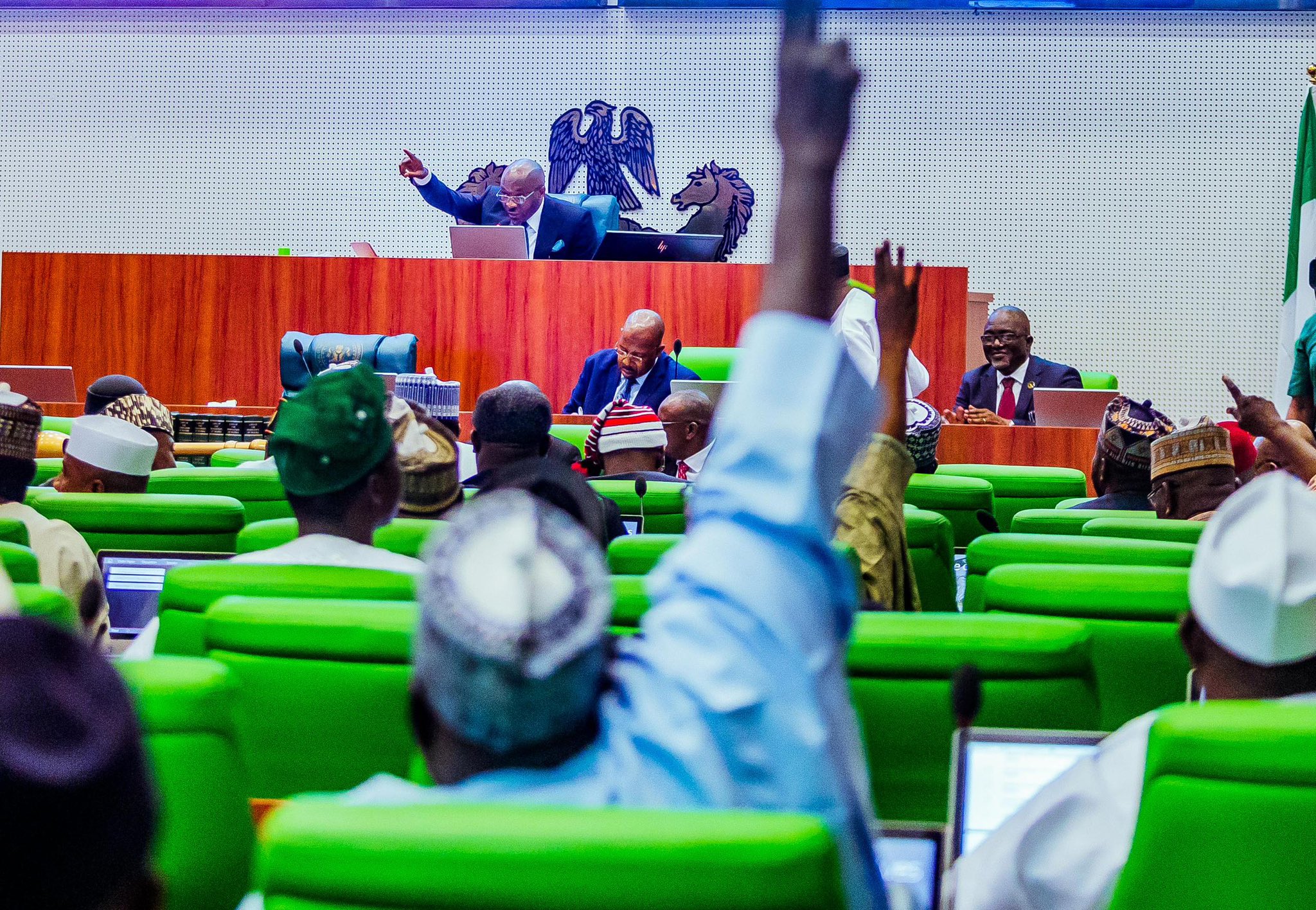The house of representatives has resolved to investigate the adoption of concrete technology for road construction by the federal government.
The lower legislative chamber passed the resolution during the plenary session on Thursday following the adoption of a motion sponsored by Khadija Abba-Ibrahim, a lawmaker from Yobe.
David Umahi, minister of works, has repeatedly advocated for concrete technology in the construction of federal roads since he assumed office.
Last month, Umahi said many roads built on concrete have a “shelf life of 50 years”, hinting at the adoption of the technology in road construction.
Advertisement
“Very important thing that I must let you know is the introduction of concrete technology on our roads,” she said.
‘IT WILL BREACH CONTRACTS SIGNED WITH CONTRACTORS’
While moving the motion, Abba-Ibrahim said there are several ongoing road contracts across the country, including those awarded under the federal government road infrastructure development and refurbishment investment tax credit scheme (RITCS) phase II by NNPC valued at over Nl.4 trillion.
Advertisement
The lawmaker said the federal executive council (FEC) had approved the awards of the road contracts in preparation for the implementation of the various projects, noting that certificates of no objection were issued.
“The contractors submitted a performance guarantee of 10 percent of the contract sum to secure successful project completion,” she said.
She warned that the contract agreements have “strict liquidated damages clauses” with the supervision and monitoring by the ministry of works to ensure that standard specifications are not compromised.
“Several studies have revealed that the use of rigid/cement concrete pavements in road construction has significant technical limitations and constraints,” the legislator said.
Advertisement
The lawmaker said Umahi’s new policy on cement concrete pavement adoption “without in-depth studies of the comparative advantages/disadvantages with asphalt” may contradict technical specifications, “potentially leading to contract breaches and potential arbitration and litigations during a challenging economic time”.
The motion was adopted when it was put to a voice vote by Ben Kalu, the deputy speaker, who presided over the plenary.
Add a comment






